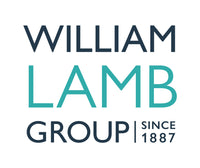1970
Global expansion and a decade of change
The seasonal nature of football boot sales still presented a challenge to the business. Cashflow was complicated, as sales of football boots in the UK took place in six weeks of the year, during the summer school break. The new Managing Director’s, David and Stuart, began to look for opportunities internationally.
The brothers spotted a difference between the Scandinavian and UK football seasons and with this, the opportunity to sell football boots to the Scandinavian market in the winter.
Their European travels enabled them to strengthen connections with large sports brands such as Puma and Pony and sales grew in Scandinavia, and further across Europe and in the US.
The business developed relationships with international sales agents and trade shows to grow the business on a global scale, travelling to the US and Europe, which was uncommon at the time, utilising the UK government’s desire to promote exports.
Making high quality football boots with replaceable studs and lightweight trainers for brands such as Puma, Reebok and Pony, William Lamb enjoyed a period of strong prosperity. This enabled the company to grow its manufacturing teams from just 32 staff members to over 800 in four factories in Yorkshire.
However, at the end of 1970s (1979), under Margaret Thatcher’s economic policies, the pound grew strong and exports were hit as a result. The export business – particularly to the US – disappeared overnight, as it was too expensive. It became clear that the company had to seek importing opportunities if they were to keep head of the competition.
